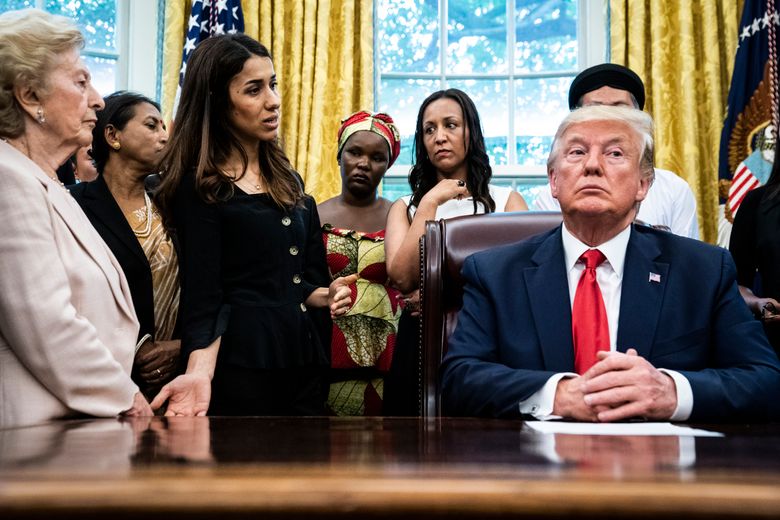Last month the Australian Associated Press reported:
Trans, gender diverse and intersex Victorians will no longer need to have gender reassignment surgery in order to change the sex on their birth certificate, under proposed new laws.
The state Labor government will on Tuesday introduce a bill to parliament which, if passed, will allow applicants to self-nominate the sex listed on their birth registration as male, female or any other gender diverse or non-binary descriptor of their own choice.
I wonder how the “any other gender diverse or non-binary descriptor of their own choice” is evaluated. It’s their own choice but it has to be gender diverse or non-binary – so is there a master list of approved terms somewhere? Or can they just say it’s gender diverse or non-binary and that will be good enough?
Simona Castricum is happy but cautious:
As a transgender Victorian, our community have been here before: in 2016 a bill to reform legislation around gender identity on birth certificates was introduced by Labor but denied by the Liberal National Coalition.
“As a transgender Victorian, our community have been here before” – I do wish people would pick one subject (as opposed to object) and stick to it. That part of the sentence should read “As part of the Victorian transgender community, I have been here before” or “We in the Victorian transgender community have been here before” or some other similar variation, but it should not start with I and then lurch to our community while using the same verb for both. Does the Guardian not have editors?
Anyway.
If this new bill is passed, the proposed legislation presents a major leap forward in life chances for gender diverse Victorians…Changing the legislation presents a critical step in ensuring the life chances of trans and gender diverse people are realised to their full potential.
Why? How? Because all women will change their birth certificates to male and thus stop facing discrimination at every turn?
While trans and gender diverse people in the eastern mainland states wait for the democratic process to recognise their basic human right to self-identify, they are subjected to discrimination through existing birth certificates that indicate incorrect sex or gender. At the core of systemic transphobia is administrative violence. “The categorisation of people works as a key method on control,” writes Dean Spade in his 2015 book Normal Life, meaning sex or gender indicators on our birth certificates adversely affect basic rights to education, employment, social security, health insurance, public amenity, international travel and incarceration.
Basic rights to incarceration? But more to the point, their basic human right to self-identify? There is no such basic human right. That’s not a thing. I can’t identify as Donald Trump and transfer all his ill-gotten money to myself. Donald Trump can’t identify as a Nobel Prize winner and get respect and admiration. Ivanka Trump can’t identify as a head of state and get other heads of state to listen to her babble at the G20. That’s not how any of this works.
As the American writer and activist Julia Serano said in her 2013 book Excluded: “To shatter the glass ceiling, we must first learn to move beyond biology and give ourselves permission to become anything we want to be.”
We can give ourselves permission all we like, but that doesn’t mean we actually can become anything we want to be. Words are not magic, life is not a fairy tale, reality is not playdoh for us to shape any way we like. That’s not how any of this works.
Ultimately legislating for trans and gender diverse people to self-identify breeds self-esteem: a good start at best. Our gender – at birth or throughout life – is not for others to decide.
Assuming by “gender” he means “sex” it’s not for anyone to decide, it’s just a given. It just is what it is.



